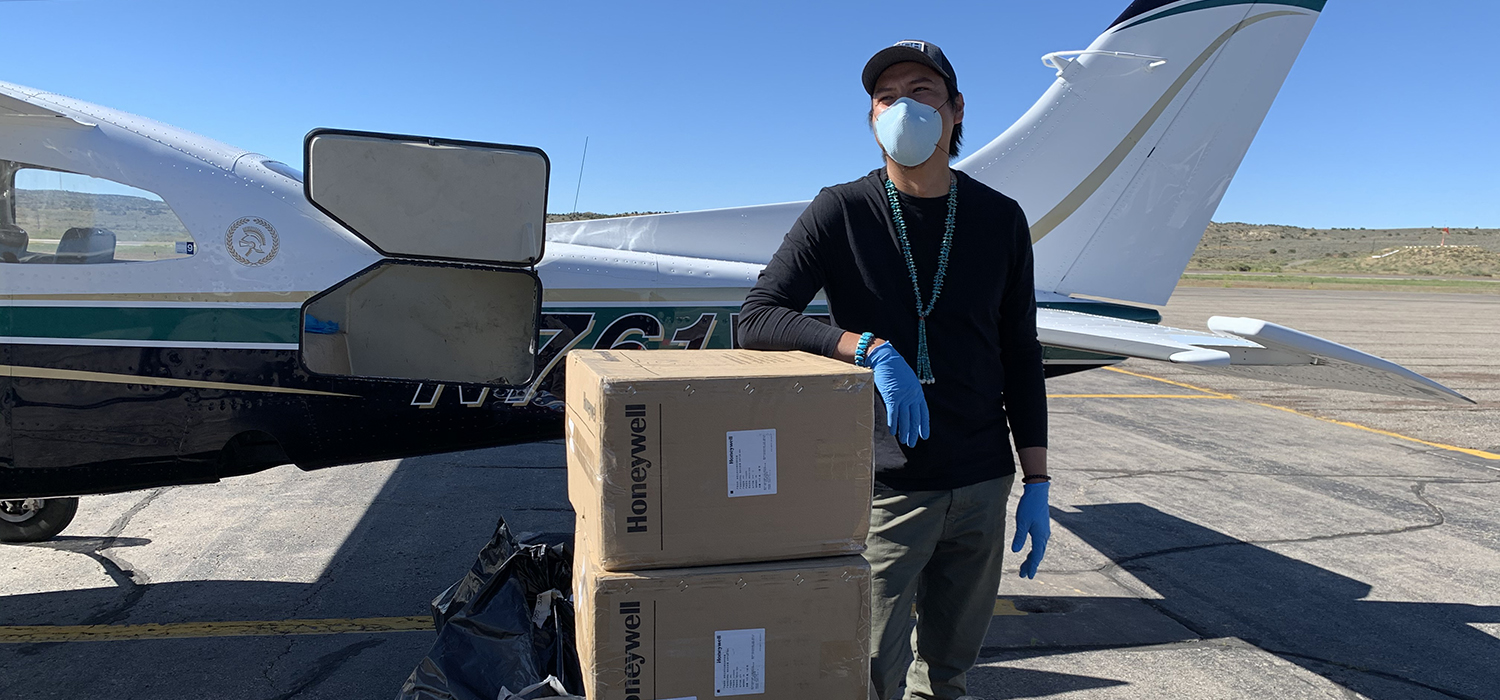
The struggle for racial justice that has become more public in our nation this year has been at once painful, provocative, and inspiring. It has exposed yet again the hard, multi-generational work we must do to combat a fear of otherness that poisons and weakens us, when diversity should be one of our nation’s strengths. For many, myself included, supporting this struggle has been a very personal and sometimes uncomfortable journey of reflection, learning, and expression of resolve and solidarity.
For those of us working in conservation, this time has also created a moment of reckoning. Like any social movement that intends to be transformative and durable, the conservation movement must be diverse itself, and in the communities it serves. Historically, it has been neither. American conservation was born during a time of rampant and explicit racism. Some of conservation’s original champions, from John Muir to John Wesley Powell, were themselves vocal proponents of racist worldviews and policies.
From these points of origin, and with altogether too little attention paid by the conservation community to the values of justice, equity, and diversity over the intervening century, it shouldn’t be surprising that conservation organizations don’t reflect, or find enough common cause with the increasingly diverse citizenry of this nation.
Beyond shining a light on the fundamental defects in the conservation movement’s founding, and its shortcomings since, we must do the hard work to change. In this, words matter, but actions matter more. At the Grand Canyon Trust, this means doubling down on that half of our mission statement that commits to support the rights of the Native peoples of the Colorado Plateau. It means continuing to work closely and respectfully with tribes and Native nations to support their conservation priorities. It means helping to lead, and supporting others in leading, climate justice work. It means creating opportunities for diverse emerging leaders in the conservation field. And it means changing our organization to ensure that we are not perpetuating systems of racism and social inequality.
On my better days, I truly do believe Martin Luther King’s words that “The arc of the moral universe is long, but it bends toward justice.” On those same days, I cannot fathom that these words could possibly be true without incredibly hard work, and a collective strength of will to evolve toward a more complete sense of justice. These times surely call for both.

Ethan Aumack
Executive Director

Also in this issue:
Tribal communities are rising to face COVID-19. Here's how you can help ›